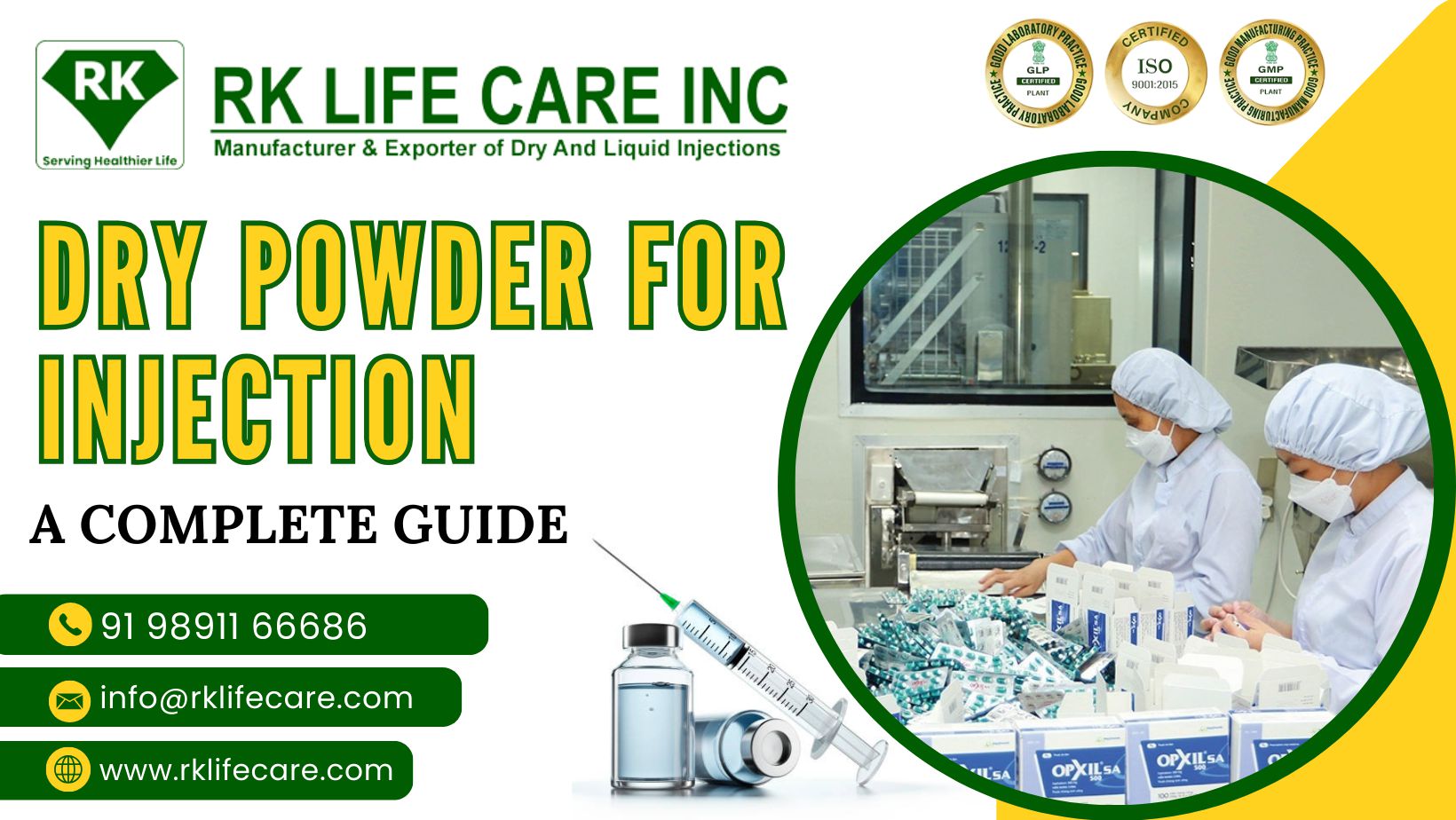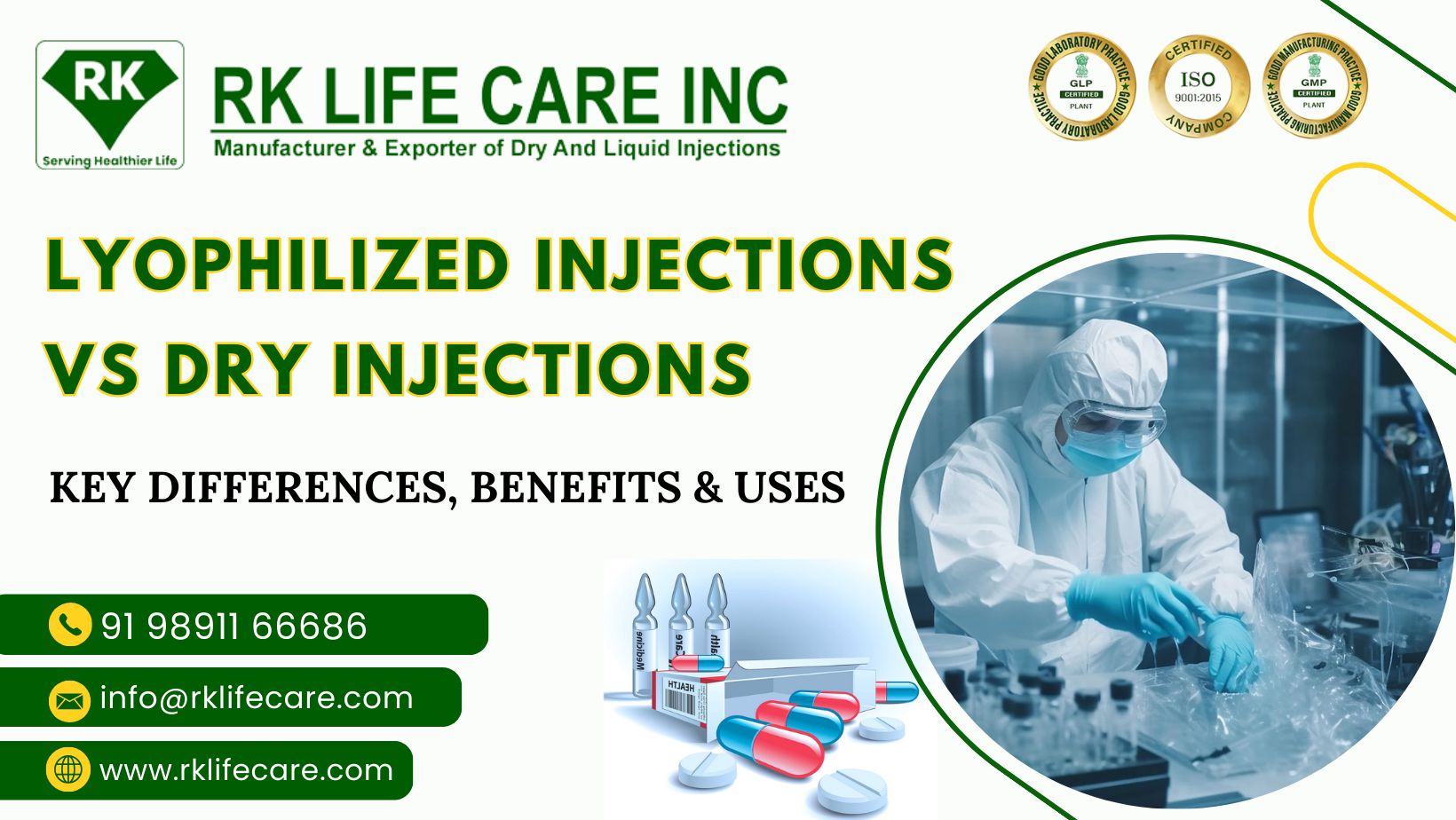.jpg)
In the vast and intricate landscape of the pharmaceutical industry, drug distributors play a pivotal role in ensuring that life-saving medications reach the hands of patients worldwide. These essential intermediaries facilitate the seamless flow of pharmaceutical products from manufacturers to pharmacies and healthcare providers. This article delves into the various aspects of drug distributors and their indispensable role in the pharma sector.
Defining Drug Distributors:
Drug distributors, also known as pharmaceutical distributors, are entities responsible for the efficient and secure distribution of pharmaceutical products. They act as intermediaries between pharmaceutical manufacturers and various points of sale, ensuring a streamlined supply chain.
The Significance of Medicine Distributors:
Medicine distributors play a crucial role in making medications accessible to patients. Their primary function is to bridge the gap between pharmaceutical manufacturers and the end-users, ensuring that a wide range of medicines is available at pharmacies, hospitals, and other healthcare institutions.
Pharmaceutical Distributorship:
Pharma companies often establish distributorship agreements with drug distributors. These agreements grant distributors the rights to sell and distribute the company's products within a specified region. This partnership helps pharma companies expand their reach and ensures a consistent supply of medicines to meet market demand.
Wholesale Pharmaceutical Distributors:
Wholesale pharmaceutical distributors operate on a larger scale, dealing with bulk quantities of medications. They purchase products directly from pharmaceutical manufacturers and then distribute them to retailers, pharmacies, hospitals, and other healthcare providers.
Pharmaceutical Manufacturing and Distribution:
Pharmaceutical manufacturing involves the production of medications on a large scale. Once these medications are manufactured, they need to be efficiently distributed to different regions. Drug distributors play a critical role in this process by managing the logistics of transporting pharmaceutical products safely and promptly.
Pharmacy Manufacturers and Distributors:
Pharmacy manufacturers, often synonymous with pharmaceutical manufacturers, focus on producing a wide array of medications. To ensure these products reach consumers, pharmacy manufacturers collaborate with drug distributors. This partnership is essential for maintaining a constant supply chain and meeting the diverse needs of patients.
Pharma Manufacturing Company:
A pharma manufacturing company is responsible for the production of pharmaceuticals. However, the journey of a drug from the manufacturing facility to the hands of patients involves a series of steps, with drug distributors playing a central role in this complex process.
Pharmaceutical Manufacturer in India:
India has emerged as a prominent hub for pharmaceutical manufacturing. Many pharmaceutical manufacturers in India rely on an extensive network of drug distributors to export their products globally. This collaboration is instrumental in making Indian pharmaceuticals accessible on a global scale.
The Role of Pharmaceutical Distributors:
The primary responsibilities of drug distributors include:
A. Logistics Management:
Drug distributors manage the transportation, storage, and delivery of pharmaceutical products. This involves coordinating with various stakeholders to ensure the timely and secure movement of medications.
B. Inventory Management:
Efficient inventory management is crucial in preventing shortages or overstock situations. Drug distributors carefully monitor stock levels and collaborate with manufacturers to replenish supplies as needed.
C. Regulatory Compliance:
Drug distributors must adhere to stringent regulatory standards to ensure the safety and efficacy of pharmaceutical products. Compliance with regulations is vital in maintaining the integrity of the supply chain.
D. Market Reach:
Drug distributors extend the market reach of pharmaceutical companies by making their products available across diverse geographical locations. This accessibility is essential for meeting the healthcare needs of a broad and diverse population.
E. Risk Management:
Mitigating risks related to product recalls, expiration, or damage during transportation is a critical aspect of a drug distributor's role. Implementing robust risk management strategies ensures the delivery of high-quality medications to end-users.
F. Customer Support:
Drug distributors provide essential support to healthcare providers and pharmacies, addressing queries, resolving issues, and ensuring a smooth partnership with pharmaceutical manufacturers.
Challenges Faced by Drug Distributors:
Despite their vital role, drug distributors encounter various challenges, including:
A. Regulatory Complexity:
Navigating complex and ever-changing regulatory frameworks poses a challenge for drug distributors, requiring constant vigilance and adaptability.
B. Supply Chain Disruptions:
External factors, such as natural disasters, geopolitical events, or global health crises, can disrupt the pharmaceutical supply chain. Drug distributors must develop contingency plans to mitigate these risks.
C. Technology Integration:
The integration of advanced technologies, such as track-and-trace systems and data analytics, is crucial for enhancing the efficiency and transparency of pharmaceutical distribution. However, implementing these technologies can be a significant challenge for some distributors.
D. Counterfeit Medications:
The proliferation of counterfeit medications is a global concern. Drug distributors must implement stringent measures to prevent the infiltration of counterfeit drugs into the supply chain.
Conclusion:
In conclusion, drug distributors serve as the linchpin in the pharmaceutical industry, ensuring that the fruits of pharmaceutical manufacturing reach those in need. Their role in maintaining an efficient and secure supply chain is indispensable for the well-being of global populations. As the pharmaceutical landscape continues to evolve, the collaboration between pharmaceutical manufacturers and drug distributors will remain pivotal in addressing healthcare challenges and improving patient outcomes.

25 Feb 2026
.jpg)
24 Feb 2026

23 Feb 2026

21 Feb 2026

19 Feb 2026